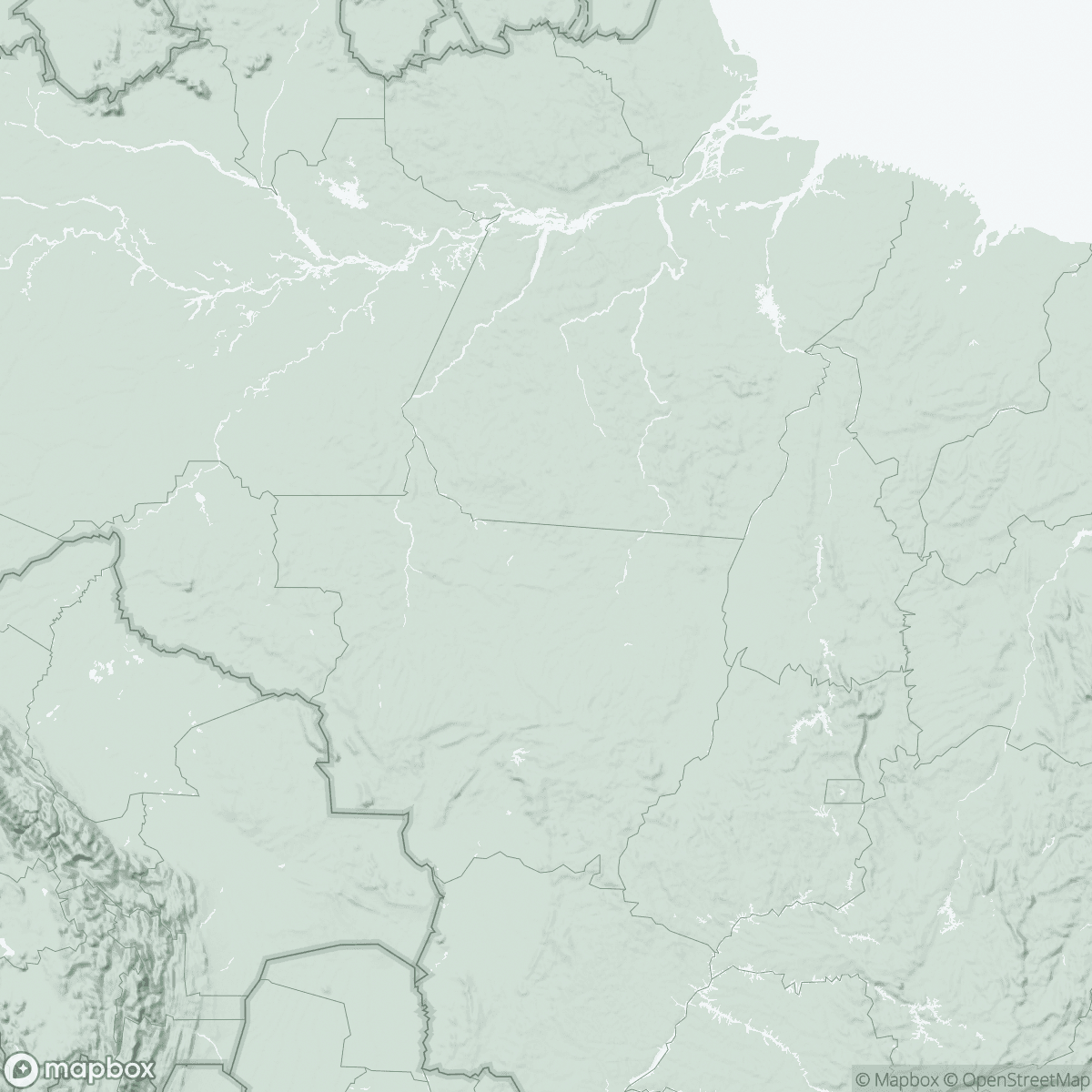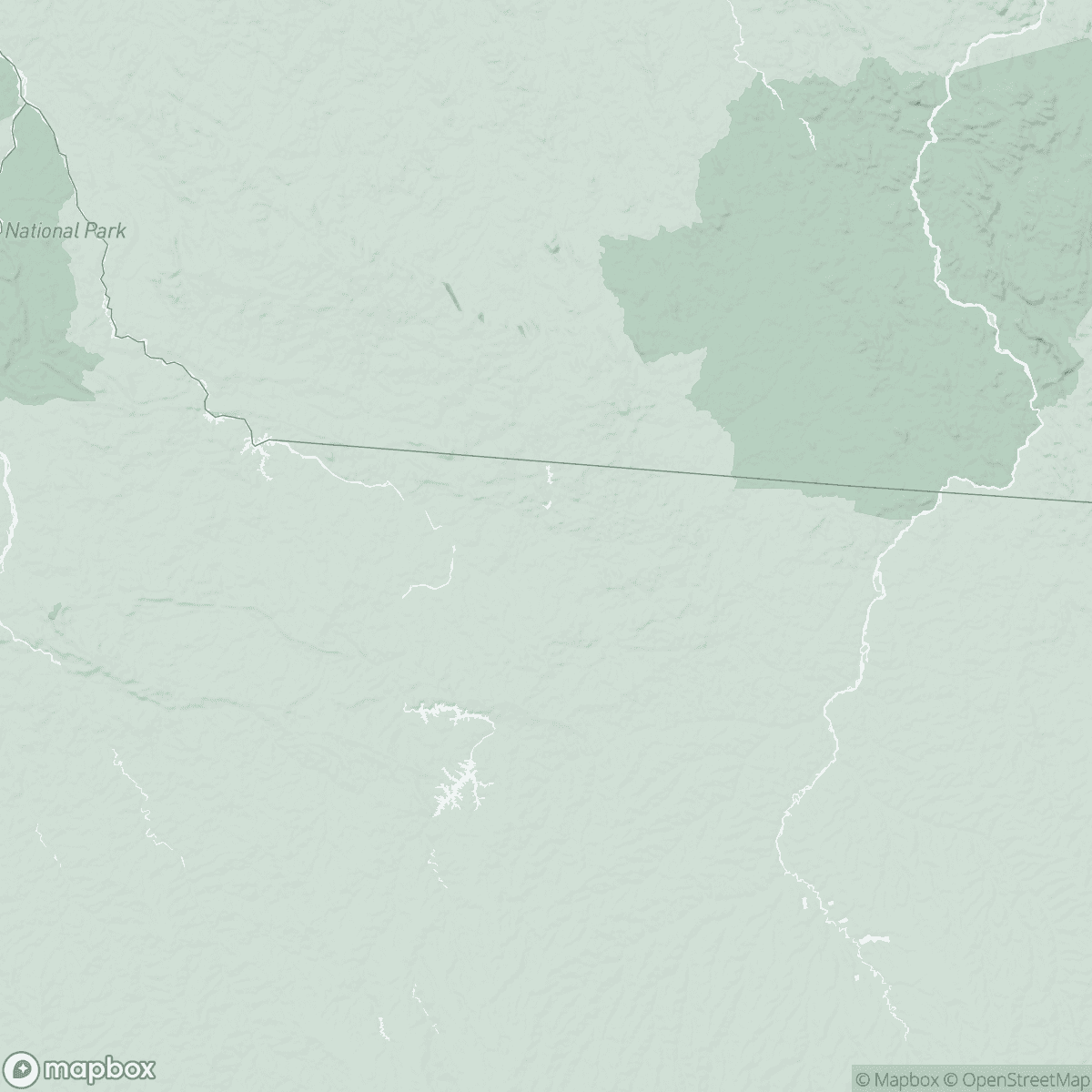
MSF extends quality health care to Yanomami territory
In 1 click, help us spread this information :
Present in the Auaris region since May 2023, the organisation is working in partnership with the health authorities to combat malaria
The scene as the health team arrives at the Kolulu Indigenous community is one of excitement and joy. Several people wait at the river’s edge and watch attentively as team members disembark following their journey by boat.
Kolulu is one of the located in Yanomami Indigenous Territory, in the Brazilian Amazon state of Roraima. The Yanomami land is an area of over nine million hectares, making it the country’s largest Indigenous territory, nearly the size of Portugal. Since 2023, it has been under a government-declared public health emergency due to high rates of malaria and malnutrition, for instance. Doctors Without Borders/Médecins Sans Frontières (MSF) teams have been in the area since April 2023, supporting health authorities in the Auaris region responding to a health crisis linked to, among other things, environmental destruction caused by illegal mining.

That day in Kolulu - one of the communities from Auaris region -, the MSF team carried out routine medical and prevention activities for diseases common to the region, such as malaria, diarrhoea and tungiasis. People – mostly women, children and babies – lined up to be seen.
The uneven ground was a challenge for medical and support staff, who had difficulty keeping body weight scales for children level. They improvised by putting them on a table. What started as a little problem ended up being fun for the children, who seemed to enjoy getting picked up to be weighed.
While MSF’s ongoing work in the Auaris region includes providing primary healthcare, our teams are focused mainly on malaria prevention and treatment.
According to the Ministry of Health, during the first quarter of 2024, Auaris recorded the highest number of malaria cases (1,622) in the whole Yanomami territory. However, cases have gone down by 26 per cent compared to the same period in 2023.
The main health facility in Auaris offers care to the almost five thousand inhabitants of the Sanöma and Ye´kwana communities. Improving healthcare in the Auaris region helps a great number of people have access to care as it is the most densely populated area in Yanomami territory. Between January and July of this year, MSF staff and personnel from the Yanomami and Ye´kwana divisions of the Brazilian Indigenous health system carried out approximately 6,600 medical consultations.
As part of this partnership, MSF coordinated the renovation and expansion of the local health centre, with an investment of 400,000 euros. The goal is to offer malaria treatment and to help provide better quality healthcare in the territory, as well as reduce the number of patient referrals to the state capital, Boa Vista.
As well, MSF teams visit Indigenous communities to raise awareness about malaria and carry out screenings and tests. If a test result is positive, treatment begins immediately.
“Our aim is to reach as many people as possible,” says Caterina Galliziolli, MSF medical coordinator, “even in areas which are difficult to access. We have already visited most of the communities in the region.”
To carry out this work, MSF operates with a multidisciplinary team made up of around 20 professionals, including doctors, psychologists, nurses, microscopists, health promoters, anthropologists and intercultural mediators.
Malaria is considered by local people to be a type of xawara, a term used to define a disease caused by non-Indigenous people and treated by conventional doctors, not by traditional shamans.

“Despite being endemic throughout the Amazon region – including in Yanomami territory – the disease can be prevented and treated effectively, which is why raising awareness is essential to reducing malaria rates,” says Galliziolli.
To this end, MSF health promoters and intercultural mediators hold community information sessions. Unfortunately, there are still some deaths from the disease, which results in profound collective grief for community members.
That was the situation the MSF team encountered when returning to the health facility in Auaris following their visit to Kolulu. A two-year-old child, who had just arrived at the health unit in critical condition earlier that day, had died from malaria. Sadness overtook community members and healthcare staff, transforming a normally joyful atmosphere which has always filled with voices speaking different languages.
It was impossible not to think about how, a few hours before, other children were enjoying themselves during the medical activities in Kolulu. In the same way the joy was experienced collectively, it now gave way to a similarly collective grief.
“We have been working on grief from this collective perspective in both group and individual activities,” says MSF psychologist Deborah Gonçalves. “I believe people here understand health as well-being, a notion related to community life, to the rainforest, to nature. Every living thing is part of the collective, the community. If someone or something in this environment is unwell, it affects everyone. We value and work with communities, respecting this holistic view and offering psychosocial support, as we seek to help them maintain their wellbeing.”
MSF began working in Brazil in the 1990s during a cholera epidemic that affected Indigenous and riverside communities in the Amazon region. In 1993, MSF teams started working in Roraima in response to a malaria outbreak affecting Yanomami and Macuxi communities. In addition to offering healthcare at that time, MSF teams also trained healthcare workers, including microscopists and Indigenous health representatives. In addition to these initiatives, MSF has carried out several other projects over the years in Brazil, including actions with the migrant community and in the response COVID-19 in various states in the country.


